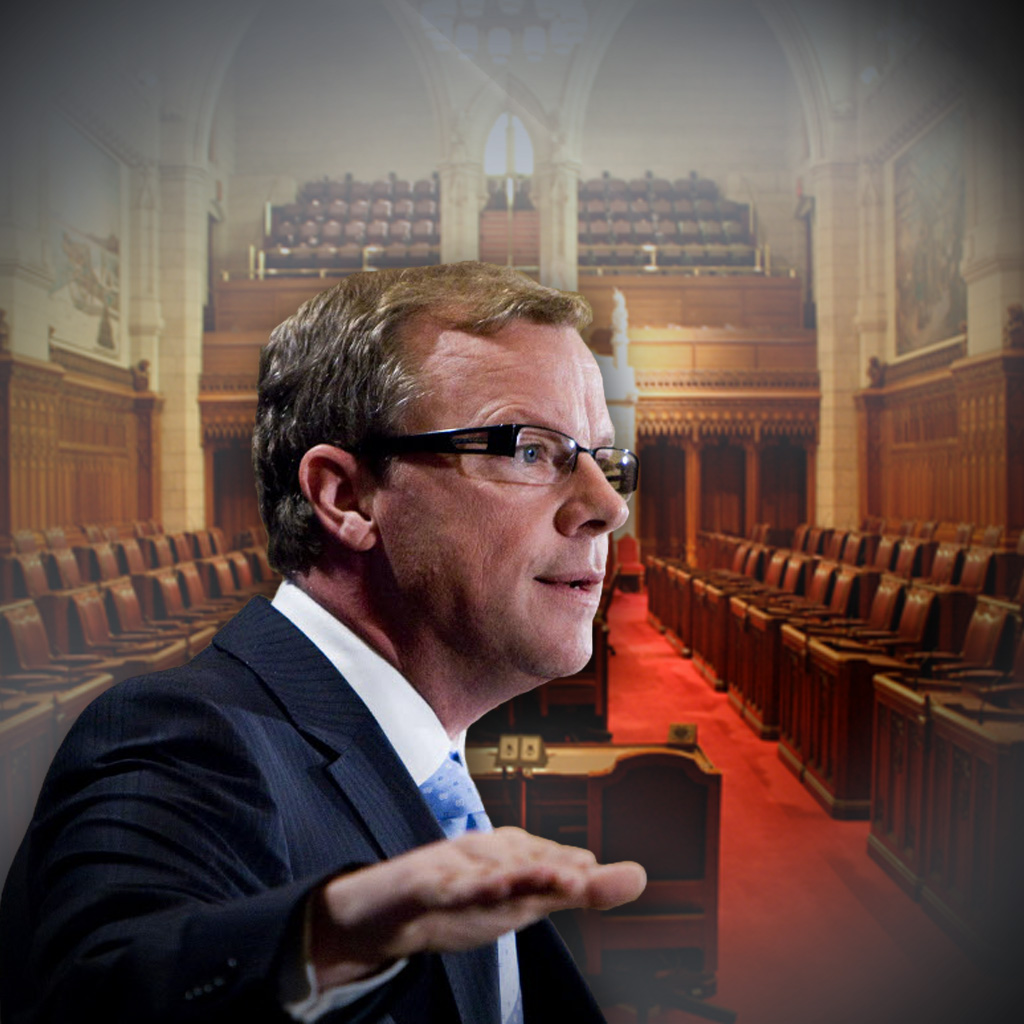Regina – Making good on a campaign promise for reform, the Liberal government has announced a new process for appointing senators.

But, Prime Minister Justin Trudeau shouldn’t expect any support from Premier Brad Wall.
“Our position hasn’t changed. The senators will still be appointed,” said Wall. “They’ll be appointed to a body that is unequal where western Canada is under represented, and unaccountable.”
Here’s how the new process is expected to work:
- An independent advisory board consisting of five members will be established. Three will be from the federal level, and two of the members will be ad-hoc picks from the province or territory where the Senate vacancy is being filled.
- The advisory board will access potential nominees based on “merit-based” criteria. Monsef said candidates must demonstrate a record “of leadership and achievement.” They must possess “outstanding and proven” personal qualities in terms of “public life, ethics and integrity.” They must also bring a perspective to the Senate “that is clearly independent and non-partisan” and must have a working knowledge of the Senate and how it operates.
- The board will provide the prime minister with a non-binding shortlist of 5 nominees for each vacancy to be filled.
- Individual Canadians will be able to apply for appointment to the Senate

Get daily National news
Five senators are expected to be appointed “early in the new year”.
This is exactly what Wall takes issue with.
“People may ask the question, why is your position still abolition? My answer to that today would be, it’s 2015,” quipped Wall. “In 2015 I don’t think any western democracy should be relying on an appointed body to have real decision making authority. It’s about $100M per year that we can put to something else.”
If there’s any part of the changes Wall is on board with it’s the fact that now senators will be non-partisan.
He is still concerned that western provinces aren’t well represented in the senate, and that won’t change under the new model.
“We already have representation by population in the lower house, the House of Commons, where more populous areas of the country get more representation. The same is true in the senate.”
Nonetheless, Wall said this is the model he’s been given, and he’ll work within it. He’ll be looking more closely at the process over the next few weeks.









Comments